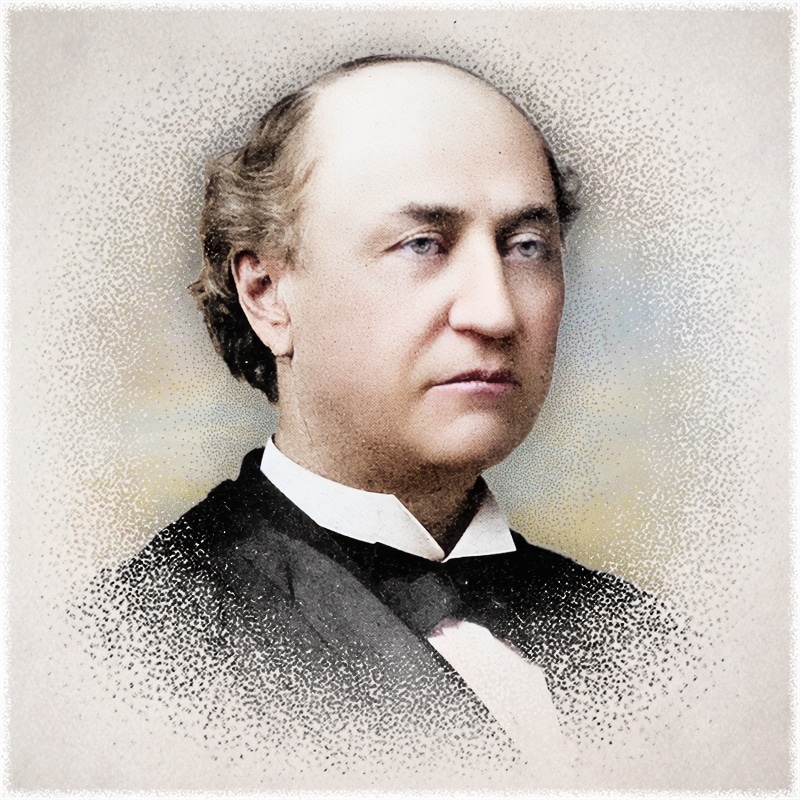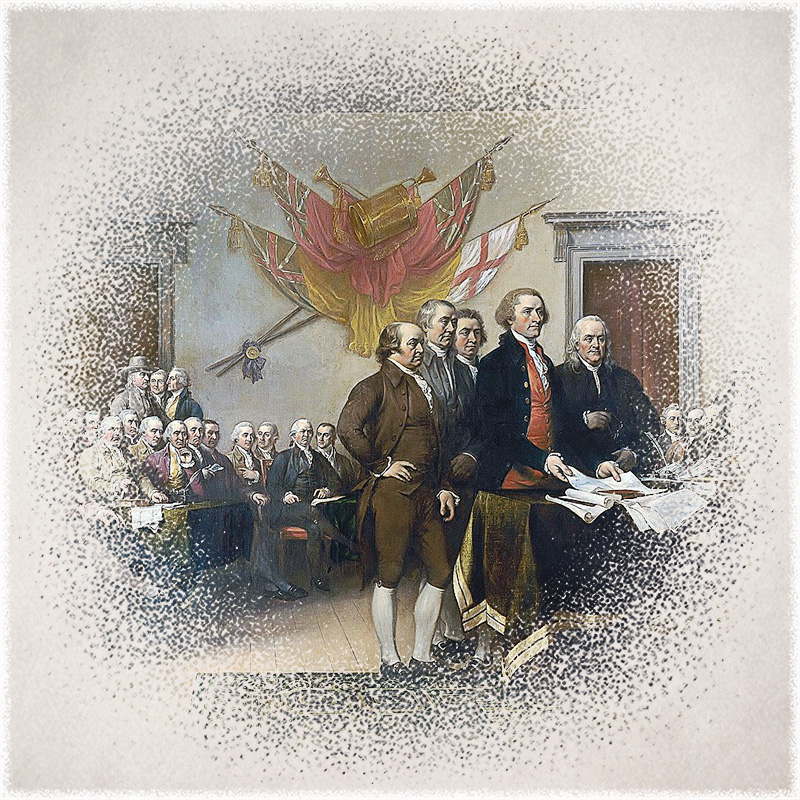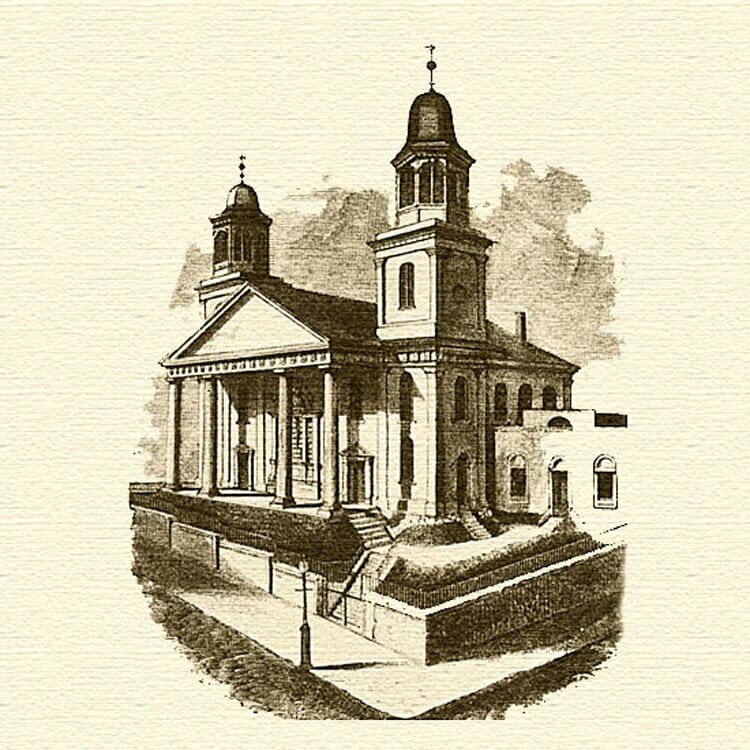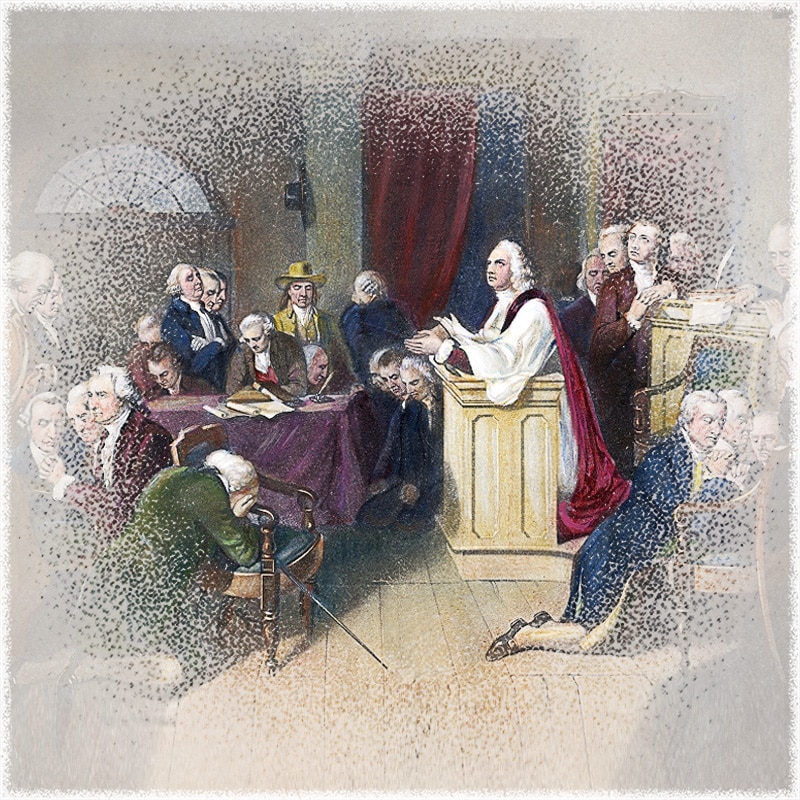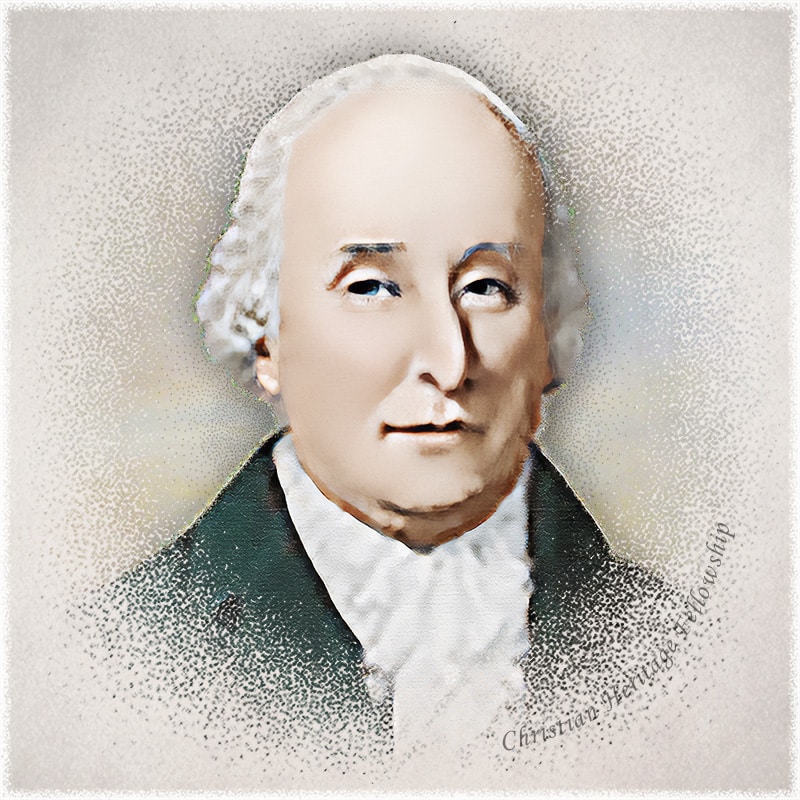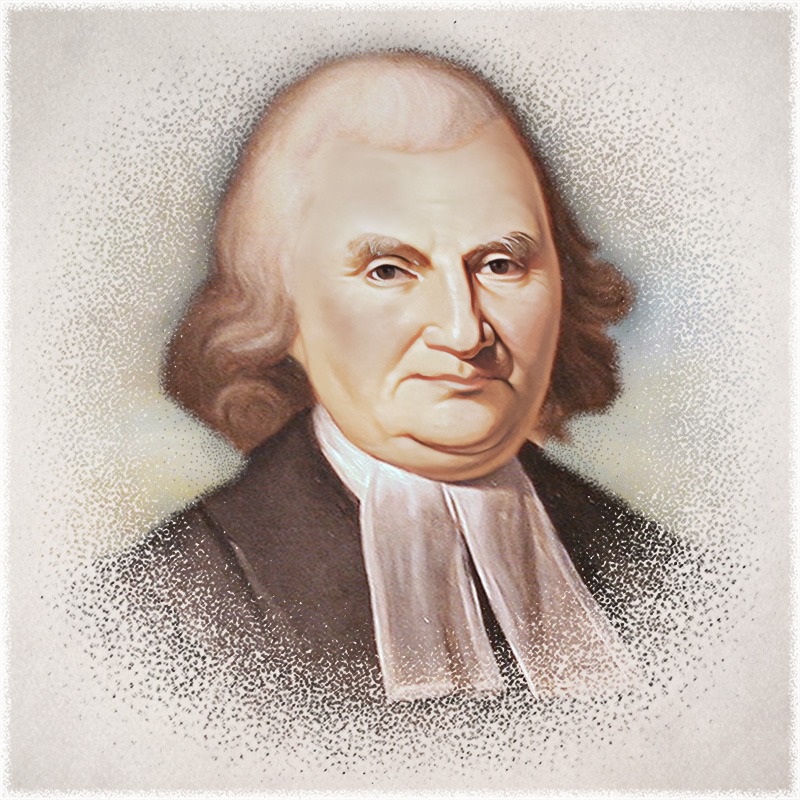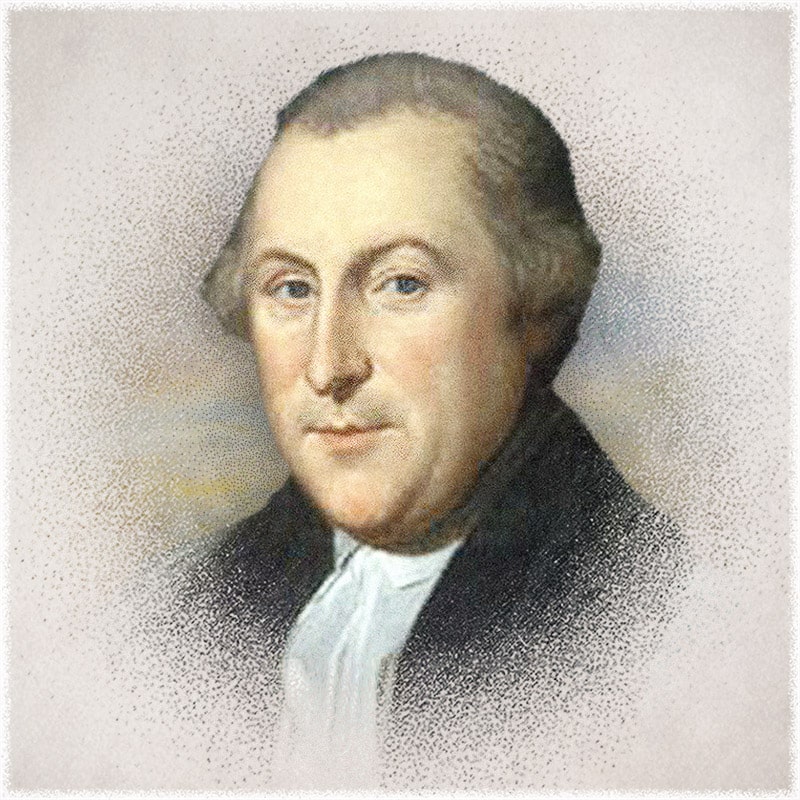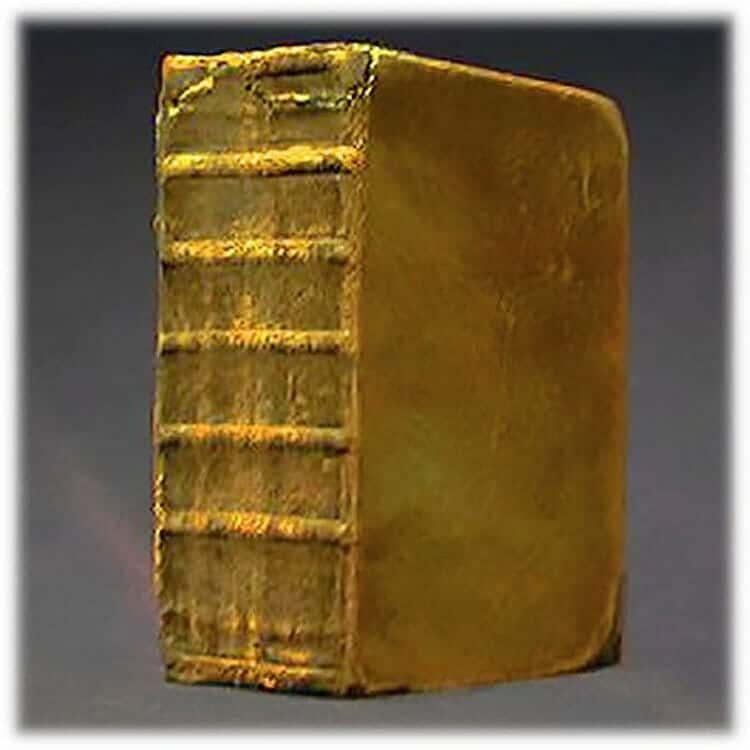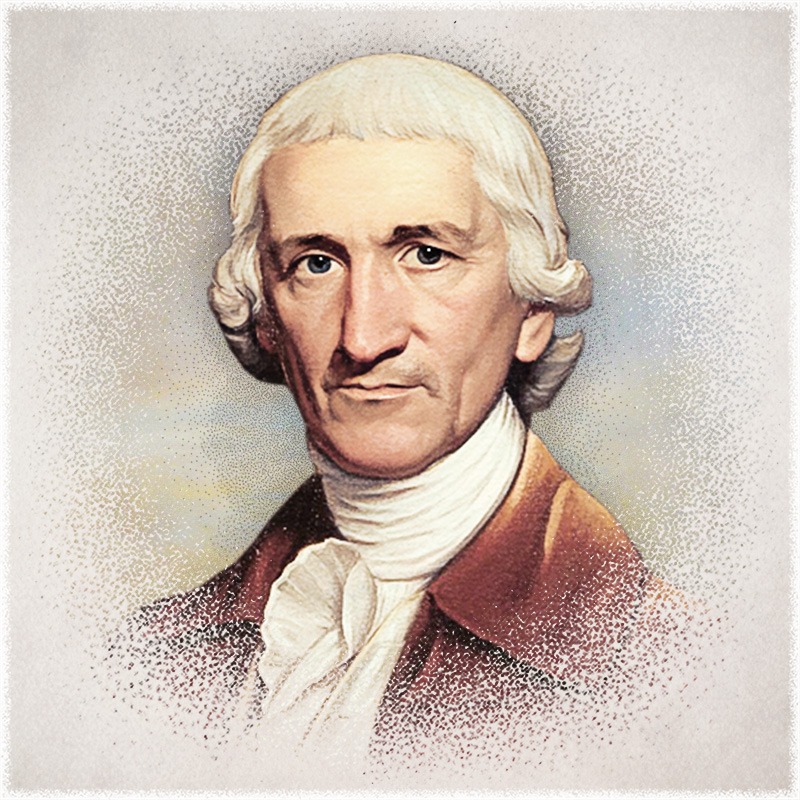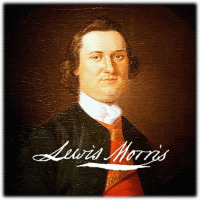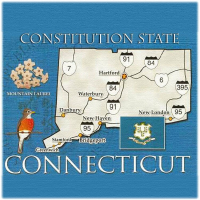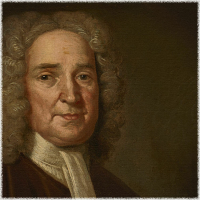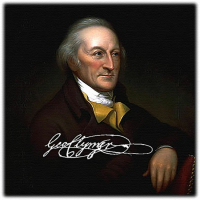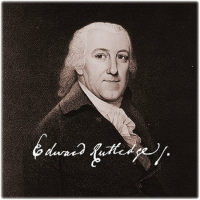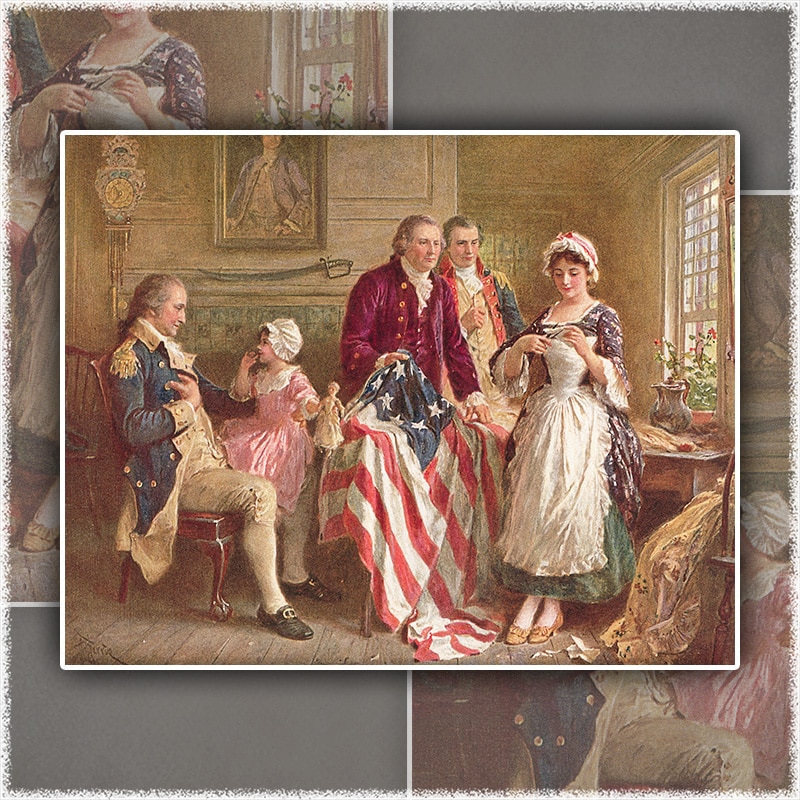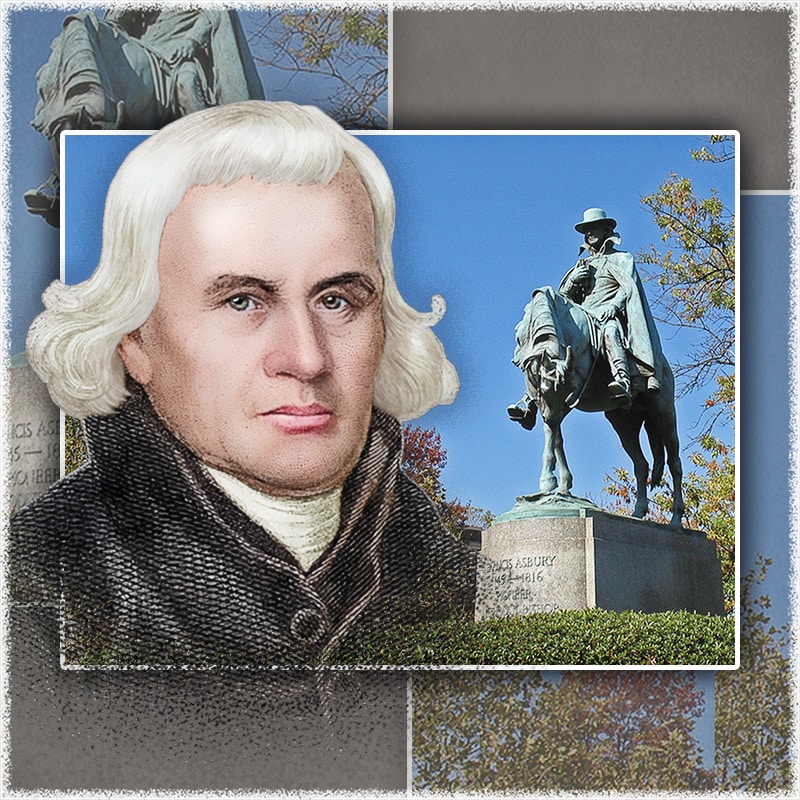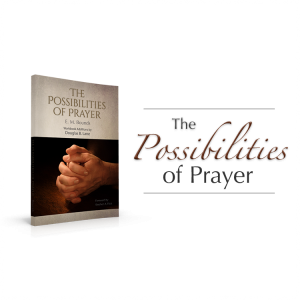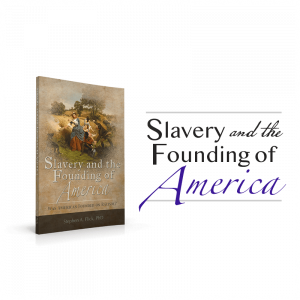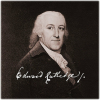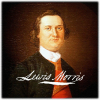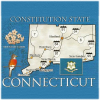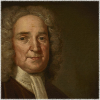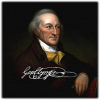Congress “Purchases” and Endorses the Bible
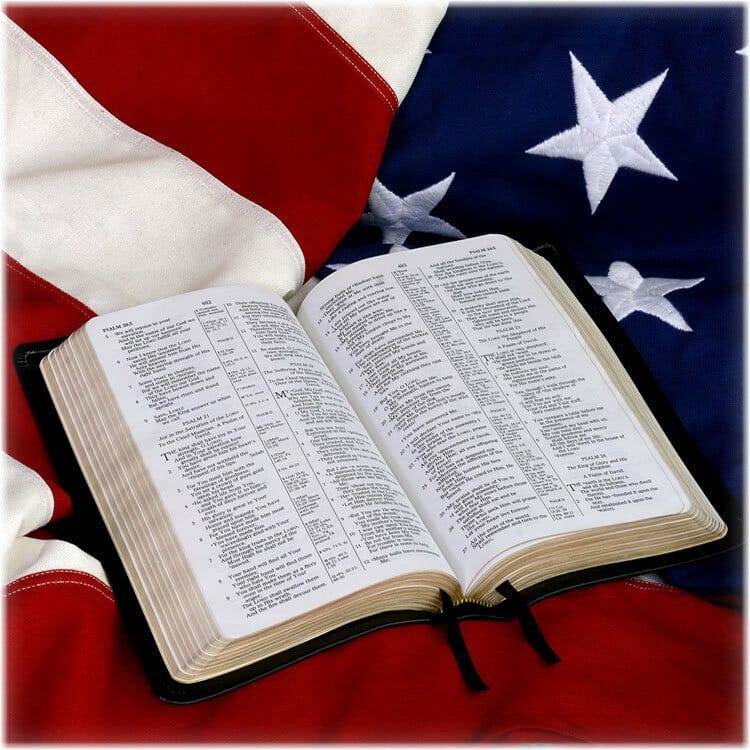
After presenting more than eighty pieces of evidence of America's Christian origin, Supreme Court Justice, David Brewer—writing the majority decision for a unanimous court—arrived at this same conclusion in 1892: ". . . many other matters which might be noticed, add a volume of unofficial declarations to the mass of organic utterances that this is a Christian nation."[1] In his classic work, The Christian Life and Character of the Civil Institutions of the United States,[2] Benjamin F. Morris discusses the numerous rulings and studies of the Supreme Court, Congress, and other governmental agencies that clearly recount these institutions' advocacy of Christianity, resulting in the conclusion that America "is a Christian nation." Leaving issues such as fasting, prayer, and thanksgiving proclamations issued by Congress to other articles for more intense consideration, we will limit ourselves to the Continental Congress' attempts to make the Bible accessible to all Americans.Congress Purchases and Endorses the Bible
The subject addressed in this article is discussed at greater length in America's Founding Fathers and the Bible. Christian Heritage Fellowship would be honored to work with individuals, businesses, churches, institutions, or organizations to help communicate the truth concerning the positive influence of the Christian faith by providing bulk pricing: Please contact us here... To purchase a limited quantity of this publication, please click: Purchase here...
Article ContentsCongress Purchases and Endorses the Bible
Congress Responds to First Need for Bibles
Printers in the American Colonies were prohibited from printing any English Bibles by governmental decree. Only three British printing establishments were permitted to participate in this lucrative business—the University Presses of Oxford and Cambridge and one additional printer designated by the King. Controlling who printed the Bible helped to ensure the accuracy of the English Bible and also provided a very profitable income for the three printing establishments. Though New England printers were permitted to print Bibles for certain Indians tribes and German Bibles, the printing of English Bibles was strictly forbidden.[3] As a result, when the American Revolution began, the supply of Bibles to America was cut-off, creating an enormous need for Scripture in the Thirteen United States.
In July 1777, the Continental Congress responded to a request placed before it by three clergymen, Francis Alison, John Ewing, and William Marshalle. Rev. Alison was a distinguished minister who assisted Benjamin Franklin with the development of the College of Philadelphia (today known as the University of Pennsylvania) and was instrumental in the formation of the University of Delaware. Rev. Ewing was the provost of the College of Philadelphia, and Rev. Marshalle was a minister in the Scots Presbyterian Church, part of the Presbytery of Pennsylvania. The three ministers asked Congress to undertake the printing of an inexpensive form of the Bible that would meet the ever-growing need for Scripture. Their letter to the Continental Congress clearly outlined their request:
To the honorable Continental Congress of the United States of North America now sitting in Philadelphia.
Honored Gentlemen,
We the ministers of the Gospel of Christ in the City of Philadelphia, whose names are under written, taking it into our serious consideration that in our present circumstances, books in general, and in particular, the Holy Scriptures contained in the Old and New Testaments are growing so scarce and dear, that we greatly fear that unless timely care be used to prevent it, we shall not have Bibles for our schools and families, and for the public worship of God in our churches.
We therefore think it our duty to our country and to the churches of Christ to lay this danger before this honorable house, humbly requesting that under your care, and by your encouragement, a copy of the Holy Bible may be printed, so as to be sold nearly as cheap as the common Bibles, formerly imported from Britain and Ireland, were sold.
The number of purchasers is so great, that we doubt not but a large impression would soon be sold, but unless the sale of the whole edition belong to the printer, and he be bound under sufficient penalties, that no copy be sold by him, nor by any retailer under him, at a higher price than that allowed by this honorable house, we fear that the whole impression would soon be bought up, and sold again at an exorbitant price, which would frustrate your pious endeavors and fill the country with just complaints.
We are persuaded that your care and seasonable interposition will remove the anxious fears of many pious and well-disposed persons; would prevent the murmurs of the discontented; would save much money to the United States; would be the means of promoting Christian knowledge in our churches, and would transmit your names with additional honor to the latest posterity.
Our sincere prayers shall ever be for your welfare and prosperity, and we beg leave with the greatest respect to subscribe ourselves.
Honored Gentlemen,
Your most obedient humble servants,
Francis Alison
John Ewing
William Marshalle[4]
The primary request from the three clergymen was that "a copy of the holy Bible may be printed, so as to be sold nearly as cheap as the common Bibles, formerly imported from Britain and Ireland." This was the first request for a domestic printing of the English Bible in America. The Continental Congress made no appeal to "separation of church and state" as fraudulent interpreters of American history would now have the world believe. Rather, its Presbyterian chaplain, Rev. Dr. Patrick Allison (personal friend of George Washington),[5] brought the matter immediately to the attention of Congress for action.[6] So urgent was the matter that Congress took up the request from the three clergymen the same day[7] —Monday July 7, 1777—and appointed a committee of three members of the Continental Congress to look into the matter. The members of the committee appointed by the Continental Congress were Daniel Roberdeau, John Adams, and Jonathan Bayard Smith.[8]
From all indication, the three-member committee of Congress began its work immediately. They composed a list of issues to be addressed to see if it was feasible to print Bibles in America. Once this list of issues was composed, they sent their points of enquiry to printers in the Philadelphia area, including Henry Miller, Robert Aitken, Thomas Bradford, John Dunlap, and William Sellers.[9] The specific questions they wished to have answered by the printers were,
1. How many thousand pounds of types would be sufficient to set, or compose a whole Bible of the common sort; and what they would cost?
2. In how long time such a Bible could be set and printed?
3. What it could be sold for, as well bound, as our common Bibles?
4. Whether paper fit for the purpose, and a sufficient quantity of it could be had in this country, so as to carry on the work with expedition?
5. How long the types when set would continue good, and fit for this purpose of casting off a new edition from time to time?
6. What would be expected from the Congress to carry on this work, that it might be well done and sold nearly as cheap as common school Bible?
An answer to these queries is requested against Friday at 6 o clock in the afternoon-to be given to the Committee of the Congress at the state house in this city.[10]
Congress Approves Purchase of Bible
More than two months after accepting their assignment, the three-member Bible committee, on September 11, 1777, submitted their recommendations to Congress based upon the information they had received from the printers of Philadelphia. Because of the expense and various considerations involved in printing a Bible in America, it was recommended that Congress purchase Bibles through foreign sources wherever they could be found—rather than attempting to print them at that time. In the Journals of Congress, we read their report:
The committee appointed to consider the memorial [or request] of the Rev. Dr. Allison and others [the three Philadelphia clergymen originally submitting the request], report, "That they have conferred fully with the printers, andc. in this city, and are of opinion, that the proper types for printing the Bible are not to be had in this country, and that the paper cannot be procured, but with such difficulties and subject to such casualties, as render any dependence on it altogether improper: that to import types for the purpose of setting up an entire edition of the Bible, and to strike off 30,000 copies, with paper, binding, etc. will cost £10,272 10, which must be advanced by Congress, to be reimbursed by the sale of the books:
"That, your committee are of opinion, considerable difficulties will attend the procuring the types and paper; that, afterwards, the risk of importing them will considerably enhance the cost, and that the calculations are subject to such uncertainty in the present state of affairs, that Congress cannot much rely on them: that the use of the Bible is so universal, and its importance so great, that your committee refer the above to the consideration of Congress, and if Congress shall not think it expedient to order the importation of types and paper, your committee recommend that Congress will order the Committee of Commerce to import 20,000 Bibles from Holland, Scotland, or elsewhere, into the different ports of the states in the Union:"
Whereupon, the Congress was moved, to order the Committee of Commerce to import twenty thousand copies of the Bible.[11]
The final sentence in the above quotation is but one of thousands of pieces of evidence that refutes the contemporary secular and ahistorical interpretation of "separation of church and state." From the earliest formative movements of America's federal government, the Founding Fathers clearly demonstrated that Christianity would play an influential role in the development of the federal government, though it should not be accorded an institutional role.
It is important to note that the Continental Congress[12] voted to authorize the Committee of Commerce to purchase and import 20,000 Bibles. Despite the fact that the Journals of Congress records that permission was granted to purchase the Bibles, there was a difference of opinion between the states on the matter which may only be attributed to the fact that the delegates opposing the purchase acted merely under a financial consideration: "It could be nothing more than Congress's belief that it could not afford the project."[13] Throughout the War of Independence, resources of all types necessary to wage war against the British were dire, and though Congress believed the project to be very important, the three-member committee believed that to sponsor the printing of the Bible would be far too costly, and for this reason, purchasing it from sources that were more capable of producing the Bible was the suggested solution. As quoted above, Congress voted to purchase and distribute the Bible, which clearly demonstrates America's Founding Fathers never intended to remove American government from the influence of the teachings of the Bible!
Circumstances of war, however, prohibited Congress from completing the action that was sanctioned by the vote. The same day the Bible committee delivered its report and Congress approved the purchase of the Bibles was the day General Washington and his American troops lost the Battle of Brandywine Creek. As a result, British troops marched on Philadelphia, the capitol of the United States at that time, forcing the Continental Congress to abandon the city. Congress first moved to Lancaster, Pennsylvania for only a day and then to York, Pennsylvania. As a result, the decision to purchase and distribute 20,000 Bibles among the various states was never realized. The press of war took priority. Only a few years passed, however, before Congress once again took up the matter of acquiring Bibles for its citizenry, once again giving greater consideration to publishing Bibles in America.
Because of the pressures of war, three years passed before Congress once again addressed the matter. The fact that it did again arise demonstrates the collective concern shared by the members of Congress for this subject. That Congress addressed the question of purchasing and distributing the Bible at all completely denies the claim that America's Founding Fathers were secularists. On October 26, 1780, a simple resolution by James McLene kept this important subject before Congress:
A motion was made by Mr. [James] McLene, seconded by Mr. [John] Hanson, respecting the printing of the Old and New Testament:
Resolved,That it be recommended to such of the States who may think it convenient for them that they take proper measures to procure one or more new and correct editions of the old and new testament to be printed and that such states regulate their printers by law so as to secure effectually the said books from being misprinted.
Ordered,That it be referred to a committee of three:
The members chosen, Mr. [James] McLene, Mr. [Thomas] McKean and Mr. [James] Duane.[14]
The committee selected to oversee this resolution was to experience an alteration of one of its members and exercise a role in the printing of the only Bible ever authorized by Congress. Less than three months after this resolution was submitted to Congress, an important request was placed before Congress by one of the Philadelphia printers Congress had previously consulted concerning the feasibility of printing an edition of the Bible.
Congress Endorses Printing of Bibles
On January 21, 1781, well-known American printer, Robert Aitken,[15] sent a formal "memorial" or request to Congress for approval to print the first Bible in America. Only four years earlier, Congress had been advised that the resources to print the Bible were lacking in America, but now Robert Aitken possessed the printing resources and the will to print America's first English Bible—now known as the "Aitken Bible." He had been one of the Philadelphia printers the congressional committee had consulted in its first enquiry into printing the Bible in 1777, and now he presented Congress with his own request:
To the Honorable the Congress
of the United States of America
The Memorial [Request] of Robert Aitken
of the City of Philadelphia, Printer
Humbly Showeth
That in every well-regulated government in Christendom the sacred books of the Old and New Testament, commonly called the Holy Bible, are printed and published under the authority of the sovereign powers, in order to prevent the fatal confusion that would arise, and the alarming injuries the Christian faith might suffer from the spurious and erroneous editions of Divine Revelation. That your memorialist[16] [Robert Aitken] has no doubt but this work is an object worthy the attention of the Congress of the United States of America, who will not neglect spiritual security, while they are virtuously contending for temporal blessings. Under this persuasion your memorialist begs leave to, inform your Honors[17] that he both begun and made considerable progress in a neat edition of the Holy Scriptures for the use of schools, but being cautious of suffering his copy of the Bible to issue forth without the sanction of Congress, humbly prays that your Honors would take this important matter into serious consideration and would be pleased to appoint one member or members of your honorable body to inspect his work so that the same may be published under the authority of Congress. And further, your memorialist prays, that he may be commissioned or otherwise appointed and authorized to print and vend editions of, the Sacred Scriptures, in such manner and form as may best suit the wants and demands of the good people of these States, provided the same be in all things perfectly consonant to the Scriptures as heretofore established and received amongst us.[18]
After Robert Aitken presented his request to Congress, a small committee from Congress, composed of James Duane, Thomas McKean and Rev. Dr. John Witherspoon (President of Princeton), was appointed to collaborate with Aitken in his effort to print the Bible. From all appearances, this committee continued its work from about January of 1781 until September 1782.
This three-member committee from Congress, in turn, asked the two chaplains of Congress to examine the Bible on September 1, 1782. Less than two weeks before Congress' voted on the Aitken Bible, the two chaplains of Congress, Rev. Dr. William White of Christ Church (Episcopalian), Philadelphia, and Rev. George Duffield of the Third Presbyterian Church of Philadelphia, were requested to examine Aitken's work for accuracy. Rev. Jacob Duche had been the pastor of Christ Church and the first chaplain of the Congress and is often depicted in well-known works of art leading the First Congress in prayer. Rev. Duche deserted the American cause,[19] however, and was succeeded by Dr. White as pastor of Christ Church and successor as chaplain to the Congress. The practice of not allowing any single Christian denomination to dominate the religious interests of the federal government laid the foundation for the church-state relationship advocated by the First Amendment to the Constitution in 1789.
After the two chaplains of Congress had reviewed Aitken's Bible for accuracy, the three-man committee and the chaplains recommended that Congress endorse Robert Aitken's printing of the Bible. The Journals of Congress for Thursday, September 12, 1782 summarizes the details of the communications that began in January 1781 and concluded with the approval of Congress in September 1782. On the two pages following the title page of the Aitken Bible were printed the endorsements from Congress. The only difference between what was printed in the Aitken Bible and the Journals of Congress is the endorsement of the Secretary of Congress, Charles Thomson, placed at the very end of the quote.
[REPORT OF CONGRESSIONAL BIBLE COMMITTEE]
The committee, consisting of Mr. [James] Duane, Mr. [Thomas] McKean and Mr. [John] Witherspoon, to whom was referred a petition memorial [request] of Robert Aitken, printer, dated 21 January, 1781, respecting an edition of the Holy Scriptures, report,
That Mr. Aitken has at a great expense now finished an American edition of the Holy Scriptures in English; that the committee have, from time to time, conferred with him attended to his progress in the work: that they also recommended it to the two chaplains of Congress to examine and give their opinion of the execution, who have accordingly reported thereon.
The recommendation and report being as follows:
Rev. Gentlemen, Our knowledge of your piety and public spirit leads us without apology to recommend to your particular attention the edition of the Holy Scriptures publishing by Mr. Aitken. He undertook this expensive work at a time, when from the circumstances of the war, an English edition of the Bible could not be imported, nor any opinion formed how long the obstruction might continue. On this account particularly he deserves applause and encouragement. We therefore wish you, reverend gentlemen, to examine the execution of the work, and if approved, to give it the sanction of your judgment and the weight of your recommendation.
We are with very great respect,
Your most obedient humble servants,
(Signed) James Duane, Chairman in behalf of a committee of Congress on Mr. Aitken's memorial.
[REPORT OF CHAPLAINS]
Rev. Dr. White and Rev. Mr. Duffield,
Chaplains of the United States in Congress assembled.
REPORT.
Gentlemen, Agreeably to your desire, we have paid attention to Mr. Robert Aitken's impression of the Holy Scriptures, of the old and new testament. Having selected and examined a variety of passages throughout the work, we are of opinion, that it is executed with great accuracy as to the sense, and with as few grammatical and typographical errors as could be expected in an undertaking of such magnitude. Being ourselves witnesses of the demand for this invaluable book, we rejoice in the present prospect of a supply, hoping that it will prove as advantageous as it is honorable to the gentleman, who has exerted himself to furnish it at the evident risk of private fortune. We are, gentlemen, your very respectful and humble servants,
(Signed) William White,
George Duffield.
Philadelphia, September 10, 1782.
Hon. James Duane, Esq. chairman, and the other hon. gentlemen of the committee of Congress on Mr. Aitken's memorial.
[Resolution of Congress to Approve the Aitken Bible]
Whereupon, Resolved, That the United States in Congress assembled, highly approve the pious and laudable undertaking of Mr. Aitken, as subservient to the interest of religion as well as an instance of the progress of arts in this country, and being satisfied from the above report, of his care and accuracy in the execution of the work, they recommend this edition of the Bible to the inhabitants of the United States, and hereby authorize him to publish this recommendation in the manner he shall think proper.
Cha. Thomson, Sec'ry[20]
Although the Continental Congress provided no financial support for the printing of the Aitken Bible, the Pennsylvania legislature did advance Aitken $700 to complete the project.[21]
Further Endorsement of the Aitken Bible
Following the resolution of the Congress to endorse Aitken's Bible (the last paragraph of the previous quote), the secretary of the Continental Congress, Charles Thomson, placed his name for additional verification, further involving and authenticating the action of Congress. Thomson had held the office of secretary of the Congress from the inception of the Continental Congress to the formation of the new government under the Constitution (1774-1789). In addition to his political contributions to America's independence, Thomson was well-known for his "Thompson Bible," the first American translation of the Greek Old Testament, as well as theological works such as A Regular History of the Conception, Birth, Doctrine, Miracles, Death, Resurrection, and Ascension of Jesus Christ.[22] Such were the Christian men and women who birthed America.
Those who deny and denounce America's Christian heritage often seek to employ Benjamin Franklin and Thomas Jefferson as advocates of their cause. But these secularists appear unaware that as President of Pennsylvania's constitutional convention, Benjamin Franklin signed Pennsylvania's first constitution which contained the following requirement for admittance to the state assembly: "And I do acknowledge the Scriptures of the Old and New Testament to be given by Divine inspiration."[23] Thomas Jefferson intended that his so-called "Jefferson Bible" should be used as a manual to bring Indians into the Christian Faith. And, Jefferson was a member of the Virginia Bible Society and personally distributed Bibles.[24] Contrary to contemporary public opinion, America's Founding Fathers, both publicly and privately, were advocates of the distribution of the Bible. Further evidence of this fact is their participation in the Bible societies they started after the establishment of the government of their new nation.[25]
America deserves to know its true heritage.
Please contribute today!
"Anchor Elements" are concepts, events, individuals, terms, or other important components that are featured in this article and which act as reference points for use in other articles throughout our site.
No index entries found.
[1] The United States Supreme Court Vs. Holy Trinity Church v. U.S. 143 U.S. 457, 12 S.Ct. 511, 36 L.Ed. 226 Feb. 29, 1892 (http://supreme.justia.com/us/143/457/case.html, November 21, 2011).
[2] For a very good survey of this, please see Christian Life and Character of the Civil Institutions of the United States, Developed in the Official and Historical Annals of the Republic (Philadelphia: George W. Childs, 1864), 306-332. For a reprint of this class work, please see Benjamin F. Morris, The Christian Life and Character of the Civil Institutions of the United States. 2nd (Powder Springs GA: American Vision, 2007) 367-404.
[3] Unholy Hands on the Bible. ed. Jay P. Green (Lafayette IN: Sovereign Grace Trust Fund, 1992), 432.
[4] The source from which this quote was derived was provided by Margaret T. Hills, former Secretary for Research of The American Bible Society. "The First American Bible," Logos Resource Pages (http://logosresourcepages.org/Versions/1st.htm, November 19, 2015).
[5] The Rev. Dr. Patrick Allison (1740 to August 21, 1802) was born in Franklin (or what was then known as Lancaster) County, Pennsylvania in 1740. He graduated from the College of Philadelphia (later the University of Pennsylvania) in 1760 and soon after was appointed Professor in the Academy of Newark, Delaware. In March 1763, he was licensed to preach by the Second Presbytery of Philadelphia in March 1763. In August of that same year, he was invited to minister at a newly formed congregation in Baltimore and was subsequently ordained as its pastor in 1765. After beginning the church in private homes clustered around the Inner Harbor, the congregation moved to a log church in 1763, then to a brick church in 1765, and subsequently to a spacious two-steeple church in 1790. Here he continued to minister for thirty-five years until his death on August 21, 1802. Dr. Allison was also the Chaplain to the Continental Congress and personal friend of George Washington. "Biographical Index of Ministers — A," Presbyterian Heritage Center (http://www.phcmontreat.org/bios/Bios-A.htm, November 20, 2015); "Our History," First and Franklin Presbyterian Church (http://www.firstfranklin.org/index.php/about/history/, November 20, 2015).
[6] For Chaplain Allison's role in bringing it to the attention of Congress, see, Bill Federer, "Bible of the Revolution: Among Rarest of Books," WND (http://www.wnd.com/2015/07/bible-of-the-revolution-among-rarest-of-books/#jmyayl7hjpd2w5TU.99, November 19, 2015).
[7] Letters of Delegates to Congress, 1774-1789, ed. Paul H. Smith, et al. (Washington, D.C.: Library of Congress, 1976), 7:311.
[8] Journals of the Continental Congress, 8:536.
[9] Letters of Delegates to Congress, 7:311.
[10] Letters of Delegates to Congress, 7:311. At least one printer by July 10, 1777. Letters of Delegates to Congress, 7:312.
[11] Journals of the Continental Congress, 8:733-734
[12] At this time, this was the Second Continental Congress.
[13] Religion and the Continental Congress, 1774-1789: Contributions to Original Intent (New York: Oxford University Press, 2000), 146.
[14] Journals of the Continental Congress, 18:979-980
[15] Robert Aitken had already secured impressive credentials as a printer. Among other works, he had been the publisher of the Journals of Congress for the first Congress (1774) and had published numerous articles by Thomas Paine, who would later be rejected by America's Founding Fathers for the irreligious influence the French Revolution would exercise over him. "The Bible of the American Revolution," The Manhattan Rare Book Company (http://www.theworldsgreatbooks.com/Aitken%20Bible.htm, November 20, 2013).
[16] Referring to the author himself—Robert Aitken.
[17] Referring to the members of the Continental Congress.
[18] David Barton, "Aitken Bible," WallBuilders (http://www.wallbuilders.com/libissuesarticles.asp?id=46, November 20, 2013).
[19] October 1, 1777.
[20] Journals of the Continental Congress, 23:572-574. Compare with Religion and the Continental Congress, 146-147.
[21] Religion and the Continental Congress, 146.
[22] David Barton, "Aitken Bible," WallBuilders (http://www.wallbuilders.com/libissuesarticles.asp?id=46, November 20, 2013).
[23] "Benjamin Franklin: Advocate of America’s Christian Heritage," Christian Heritage Fellowship (https://christianheritagefellowship.com/benjamin-franklin/).
[24] ADDIN EN.CITE Barton201216
67-83David Barton, The Jefferson Lies: Exposing the Myths Youandapos;ve Always Believed About Thomas Jefferson (Nashville: Thomas Nelson, 2012), 67-83.16166Barton, David
[25] "Founding Fathers Begin Bible Societies," Christian Heritage Fellowship (https://christianheritagefellowship.com/founding-fathers-begin-bible-societies/).
Congress Purchases and Endorses the Bible
Congress Purchases and Endorses the Bible
Congress Purchases and Endorses the Bible
Congress Purchases and Endorses the Bible
Congress Purchases and Endorses the Bible
Congress Purchases and Endorses the Bible
Congress Purchases and Endorses the Bible
Congress Purchases and Endorses the Bible
Congress Purchases and Endorses the Bible

